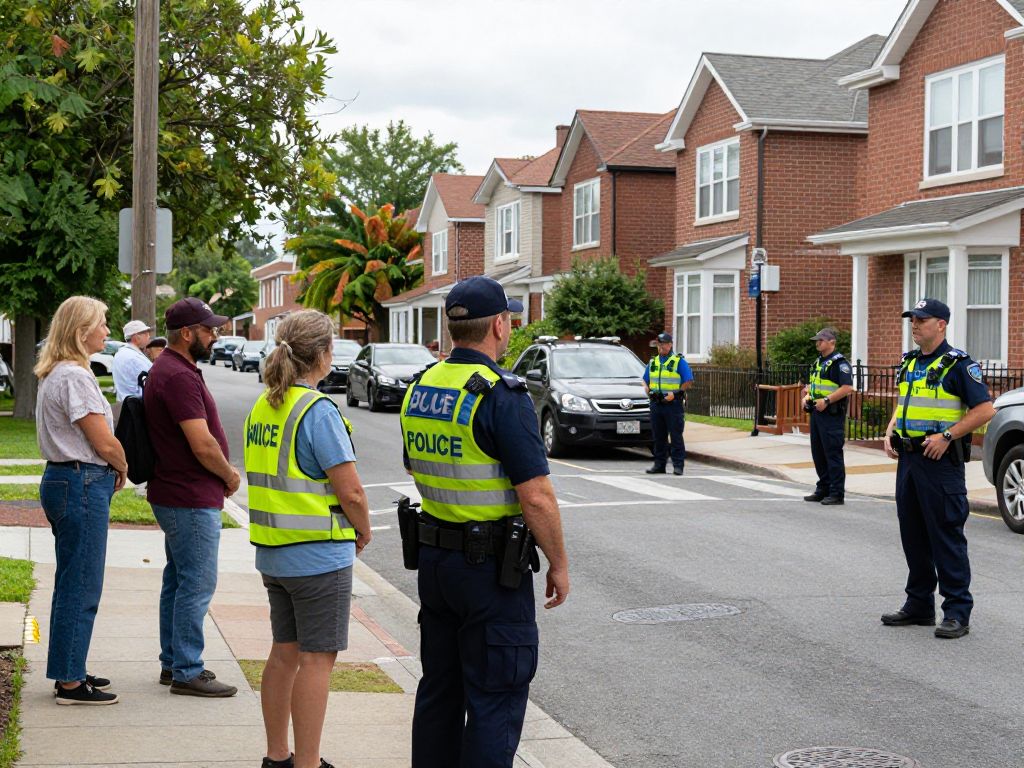News Summary
A recent report reveals that the number of millionaires in Massachusetts increased by nearly 39% since the Millionaire’s Tax was implemented. The total collective wealth surged from $1.6 trillion to $2.2 trillion, raising questions about the tax policy’s effectiveness. Critics argue this growth is driven by national trends rather than state tax changes, and the discussion around how the surtax impacts both millionaires and state services continues in the legislature.
Boston, Massachusetts – A recent report by the Institute for Policy Studies (IPS) reveals a significant increase in the number of millionaires in Massachusetts since the implementation of the Millionaire’s Tax, raising questions about the tax policy’s impact on state wealth and demographics. The number of millionaires surged from approximately 441,610 in 2022 to over 612,109 in 2024, marking an increase of nearly 39%. Furthermore, the collective wealth of these affluent residents escalated from $1.6 trillion to $2.2 trillion, a growth rate of 37.7% in the same period.
Between 2022 and 2024, individuals in the state with a net worth of at least $50 million rose by 35%, reaching a total of 2,642, according to the report. The Millionaire’s Tax, formally known as the Fair Share Amendment, was approved by voters in November 2022, imposing a 4% surtax on income exceeding $1 million. The revenue generated from this surtax is allocated towards public education and transportation initiatives, contributing to the ongoing development of key state services.
Opponents of the surtax, including groups such as the Massachusetts Fiscal Alliance and Mass Opportunity Alliance, challenge the correlation drawn by the IPS between the growth in millionaires and the new tax law. They argue that the rise in wealth is primarily a result of national trends, such as inflation, federal stimulus measures, and a robust stock market, rather than the tax policy implemented in Massachusetts. The sentiments expressed by these critics suggest a belief that the revenue from the surtax does not necessarily correlate with an improved local economy or an increased millionaire demographic.
In contrast to claims made by tax opponents, the IPS report indicates that fewer millionaires left Massachusetts than previously anticipated. High-net-worth individuals tend to remain rooted in prosperous areas, suggesting a reluctance to relocate despite the new tax structure. Between 2023 and 2024, Massachusetts saw a net population gain of 69,603 residents; although the state lost 27,480 domestic residents, it experienced an influx of 90,217 international migrants, which offset the losses.
Despite the recent millionaire growth, critics point to U-Haul rankings that position Massachusetts as having the second-worst population growth over the past two years, potentially indicating broader challenges in attracting and retaining all residents, not just those with significant wealth.
Moving forward, state officials project that the Millionaire’s Tax will yield approximately $2.4 billion in revenue for the fiscal year 2026, slightly exceeding the $2.2 billion collected in fiscal year 2024. The funds generated are earmarked for various initiatives, including enhancements to public higher education financial aid and improvements to the state’s transportation infrastructure.
Paul Diego Craney from MassFiscal questions the findings presented by the IPS, asserting that the increasing number of millionaires reflects trends in the real estate market rather than effective tax policies. He maintains that the significant financial uptick in millionaire demographics is not indicative of the surtax’s success. Conversely, advocates for the surtax, such as Andrew Farnitano from Raise Up Massachusetts, posit that initial fears regarding financial implications have not materialized and that the tax’s economic contributions have exceeded expectations.
In 2022, the number of Massachusetts taxpayers with incomes over $1 million was reported at 27,270, making up only 0.8% of all tax filers. The IPS highlights that similar tax policies have fostered positive growth trends elsewhere, citing examples such as Washington State, where implementing a higher capital gains tax correlated with a nearly 47% increase in the millionaire population.
The ongoing discussion around the Millionaire’s Tax continues in the Massachusetts legislature, where the Senate and House are deliberating contrasting spending proposals based on the surplus revenue generated. The Senate’s budget plan aims to allocate $1.28 billion from the surtax surplus, focusing on both education and transportation. In comparison, the House plan directs nearly $800 million specifically to the Massachusetts Bay Transportation Authority (MBTA), while the Senate allocates around $370 million for transportation improvements.
As the debate unfolds, perspectives concerning the effectiveness and implications of the Millionaire’s Tax remain divided, with significant attention on its impact on state revenues and the retention of high-income residents.
Deeper Dive: News & Info About This Topic
- Boston.com: Report on Millionaires in Massachusetts
- Wikipedia: Income Tax in the United States
- Taunton Gazette: Millionaires in Massachusetts
- Google Search: Massachusetts Millionaires Tax
- Boston Herald: Massachusetts Millionaires Tax Debate

Author: STAFF HERE BOSTON WRITER
The BOSTON STAFF WRITER represents the experienced team at HEREBoston.com, your go-to source for actionable local news and information in Boston, Suffolk County, and beyond. Specializing in "news you can use," we cover essential topics like product reviews for personal and business needs, local business directories, politics, real estate trends, neighborhood insights, and state news affecting the area—with deep expertise drawn from years of dedicated reporting and strong community input, including local press releases and business updates. We deliver top reporting on high-value events such as Boston Marathon, Head of the Charles Regatta, and Boston Harborfest. Our coverage extends to key organizations like the Greater Boston Chamber of Commerce and Associated Industries of Massachusetts, plus leading businesses in finance, biotech, and insurance that power the local economy such as Fidelity Investments, Biogen, and Liberty Mutual Insurance. As part of the broader HERE network, we provide comprehensive, credible insights into Massachusetts's dynamic landscape.





